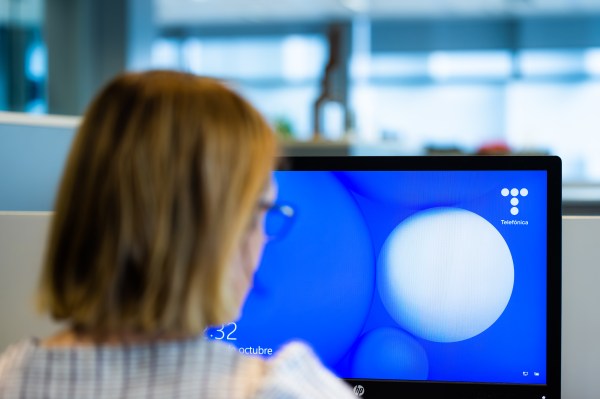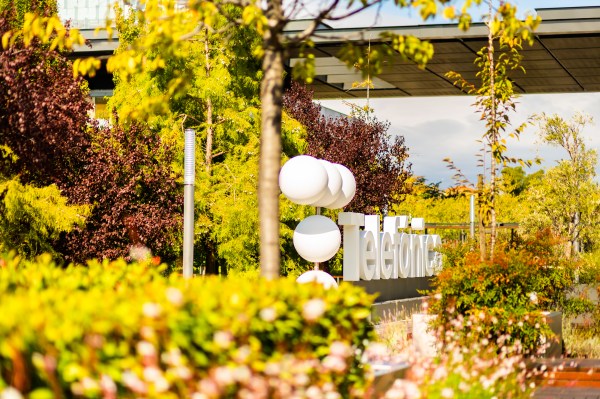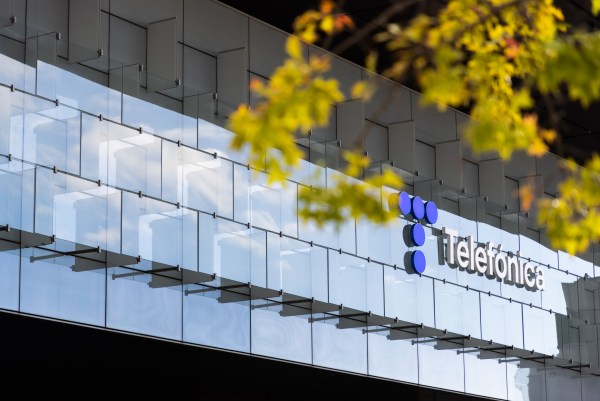Telefónica is making progress towards its goal of being a Zero Waste company by 2030 by promoting the refurbishment of Customer Premise Equipment (CPE’s) and facilitating their reconditioning for reuse, thus preventing waste. To encourage the circular economy, the company has developed the VICKY platform, which uses blockchain to enhance traceability, monitoring and control across the value chain of modems, routers and TV set-top boxes.
Since its implementation five years ago, Telefónica has reused over 19 million routers and set-top boxes in all its operations. In 2023, the company achieved an 88% collection rate of all equipment, moving closer to its target of 90% by 2024.
This system significantly improves collection rates and, refurbishment processes, thereby extending the lifetime of the equipment. The solution has been recognised for its innovation (Gartner, Forbes) in fostering a more efficient, faster, simpler and more sustainable supply chain.
Today’s supply chains are increasingly global, complex and involve cross-border logistics. This situation poses some challenges such as long delivery times due to market shortages of electronic components or inefficiencies in device procurement.
In this context collaboration becomes essential to address these challenges, as Telefónica’s electronic equipment operations, such as modems and set-top boxes, involve more than 100 companies on three continents.
VICKY enables the Telefónica Group to address these challenges by providing equipment traceability through complete automation of the logistics process and helps suppliers achieve greater efficiency through digitisation.
As a result, the system optimises procurement, avoids delays and facilitates access to product information such as manufacturing location, critical components and relevant information for maintenance processes or equipment refurbishment.
Increasing environmental sustainability throughout the process
“We firmly believe that much of the innovation we will see in the near future will focus on process transformation, where new technologies such as blockchain, big data and the internet of things will be key factors in contributing to the decarbonisation of operations while generating environmental benefits,” says Fernando Valero, Global Director of Supply Chain and Procurement Transformation at Telefónica.
Extending the useful life of equipment avoids emissions, waste and resource consumption associated with the manufacture of new equipment. When equipment cannot be reused, the best option is to recycle it, as each piece contains materials such as gold or copper that can be used in new products. Telefónica ensures their proper recycling treatment through another platform.
Telefónica integrates the circular economy into its processes to optimise resource consumption and promotes design with environmental criteria, reuse and recycling to minimise its impact and encourage the reincorporation of materials into the production cycle. Circularity helps avoid indirect carbon emissions associated with the extraction of new materials for new equipment manufacturing, contributing to achieving net-zero emissions by 2040.








